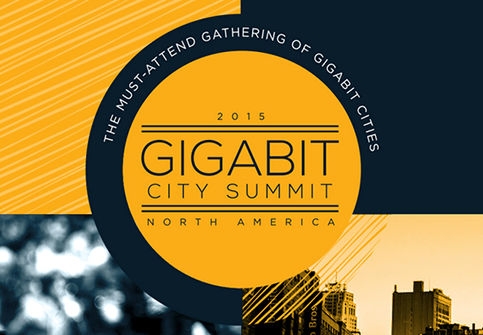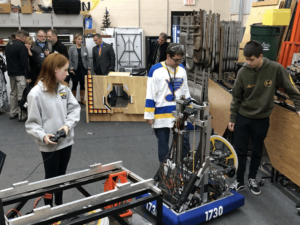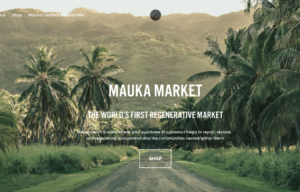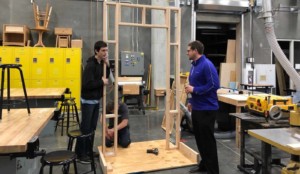Gigabit Cities: Expanding Education, Employment & Entrepreneurship

More than faster movie downloads at home, the real benefit of the Google Fiber initiative, said Kansas City Missouri mayor Sly James (@mayorslyjames), “Is a very new and real sense of collaboration” between his city and Kansas City, Kansas. Beginning with the application and dual selection in 2011, the two cities started working closely together and it has extended into other areas of service delivery.
Mayor James wants “quality seats in education” and doesn’t care who operates them. Likewise, the Google Fiber initiative brought a competition for quality connections. He’s seen advances on several fronts–families that have embraced fiber to the home to improve learning and small businesses that have thrived with a stronger web presence.
Kansas City Kansas Mayor Mark Holland (@mayorhollandkck) said, “Having access to broadband levels the playing field for families and small businesses.” He appreciates the improved ability to serve and connect immigrant communities but noted that extracting “the real benefit of broadband requires basic computer training and services for limited English speakers. Holland noted that smart electric meters are leading to better service and lower rates. With Cisco, KCK is considering a variety of innovations projects with the transportation development district.
James and Holland kicked off the Gigabit City Summit, a national convening of civic, education, and technology leaders at UMKC and the Kauffman Foundation.
90% sociology. Blair Levin, Aspen Institute, said economic value creation will increasingly will be based on the ability to manipulate data: networks + devices + people. He predicted there will soon be two kinds of cities–there will be metro areas where infrastructure choices are cable versus copper, and others where cities with cable versus fiber–and the later will produce a beneficial cycle. He encouraged city leaders to begin thinking now about the network they want 10 years from now.
Mike Burke lead Mayor of James’ Bistate Innovation Team. He said that gaining benefit from an infrastructure initiative is “90% sociology, 10% technology.”
Mike Brown (@BrainZooming) designed and facilitated the KCMO application conversation. He stressed the need to open a structured process to many voices–even contrarians and opponents.
Herb Sih (@thinkbigkc) discussed the key elements of an entrepreneurial ecosystem including preparing fertile ground for innovation, building networks fast, increasing the likelihood of positive collisions, and encouraging risk taking and abundance mentality. “Develop a plan and work the plan,” said Sih.
#GCSEDU. A Smart Cities discussions of the 7 keys to education and employment kicked off the edu track of the summit (#GSSEDU).
Full house for #gcsedu — @tvanderark talking about innovation mindsets in the classroom. #GigabitCitySummit pic.twitter.com/aGkPgZ6SJR
— Gigabit City Summit (@gigabitcities) January 13, 2015
Ray Daniels, who led the dramatic improvement efforts in Kansas City Kansas, led a discussion with Lee’s Summit EdTech leader Kyle Pace (@KylePace), Joe Fives of KC Public Schools, and Susan Wally, PrepKC (@PrepKC). Erin Mote (@erinmote) of Brooklyn Lab (@BklynLabSchool) described how they are using technology to leverage great teaching, “We want teachers do, make, and create.” (See recent feature.)
Tech innovation is happening in KC region. Check out lee summit, kck and prepkc. @prepkc @kylepace #gcsedu pic.twitter.com/W1rCGbVFU1
— Jacqueline Russell (@JRERussell) January 13, 2015
Richard Culatta (@rec54) leads the ED Office of EdTech (@USEDgov, following the great tradition of @KCator, @SusanDPatrick, @John_Bailey). He urged a focus on personalized learning before picking devices. Culatta plugged the #FutureReady pledge — a roadmap to achieve successful personalized digital learning for every student.
Director of Ed Tech @rec54 @usedgov : “We get excited about what #tech can do but lose sight of equity gaps” #gcsedu pic.twitter.com/Z3H1p9OXgs — Corey Mohn (@coreymohn) January 13, 2015








0 Comments
Leave a Comment
Your email address will not be published. All fields are required.